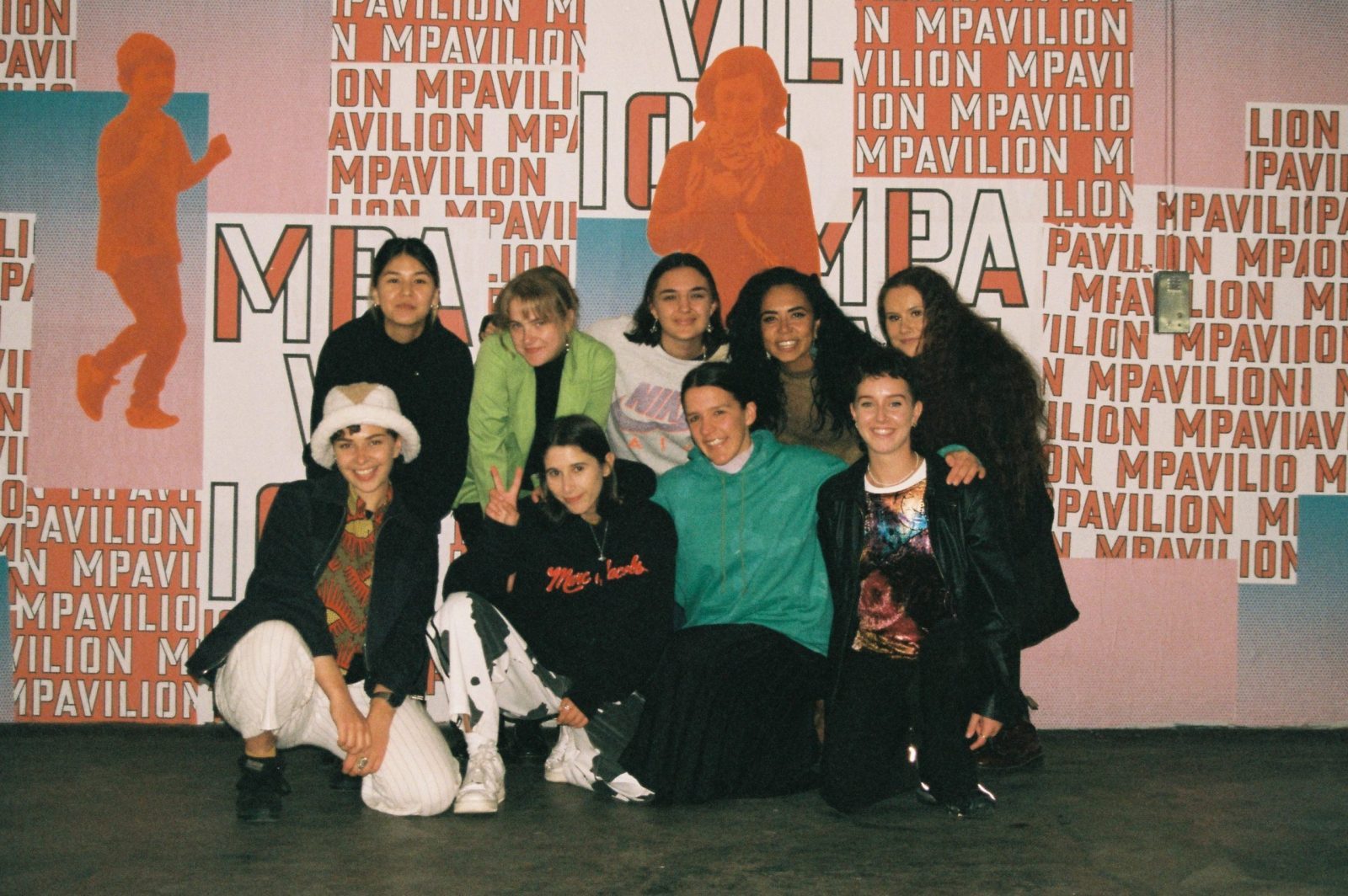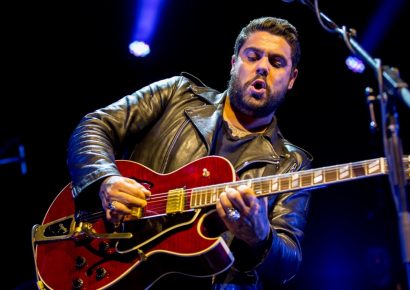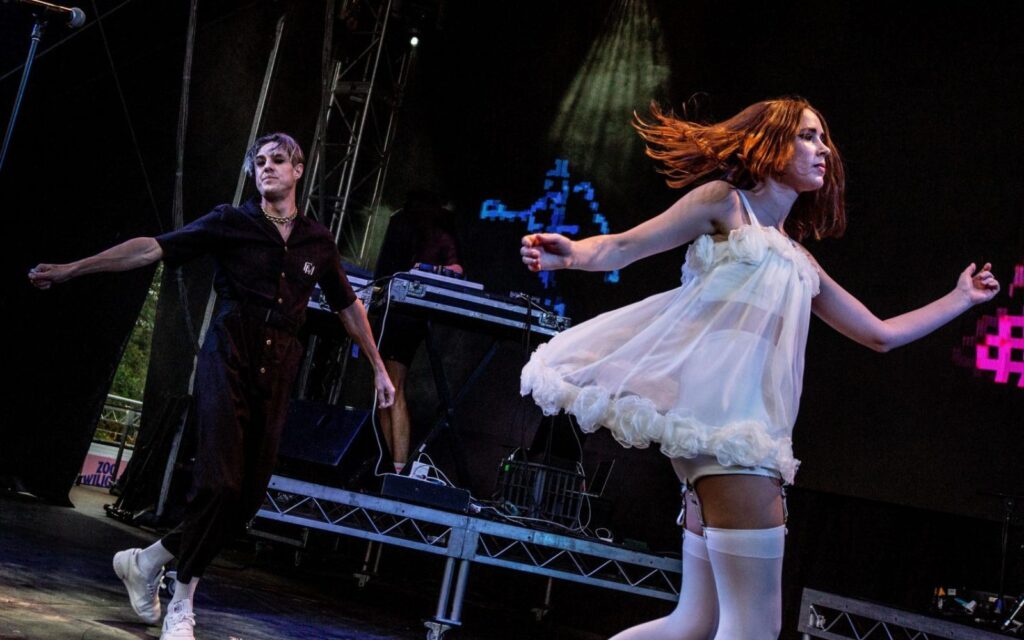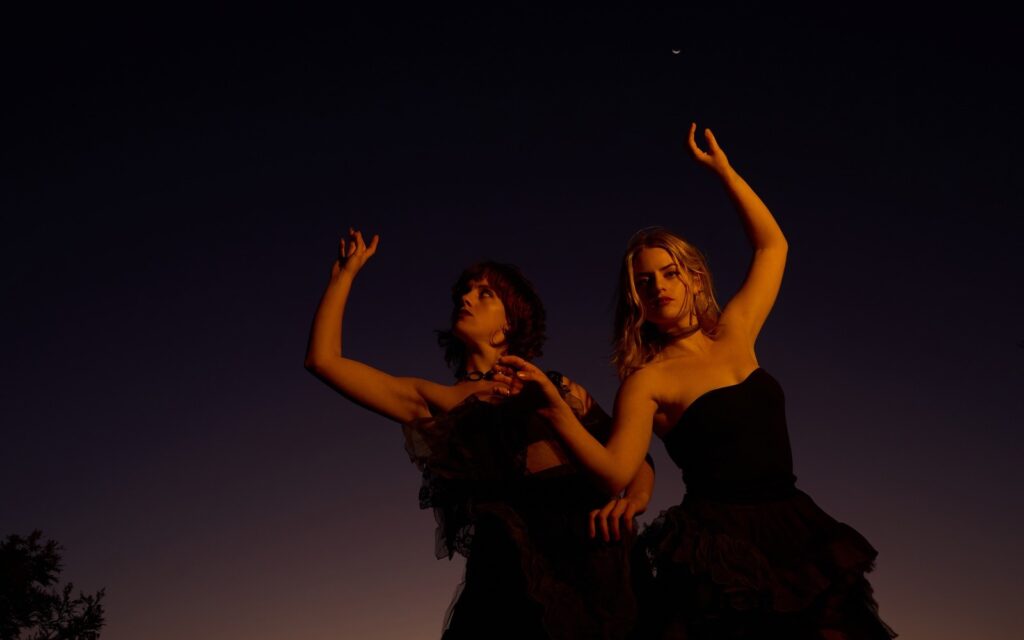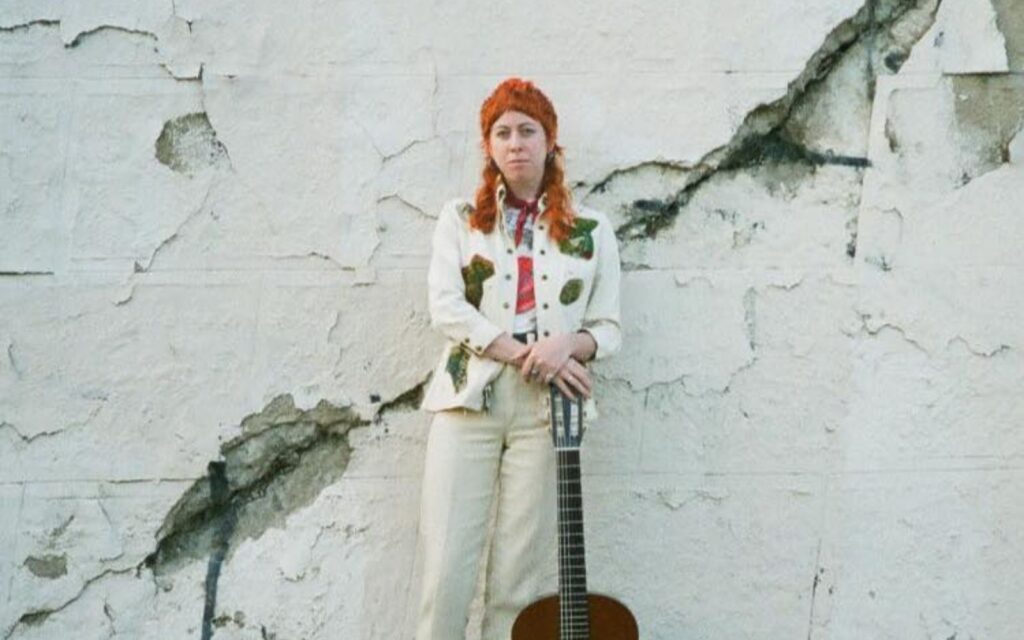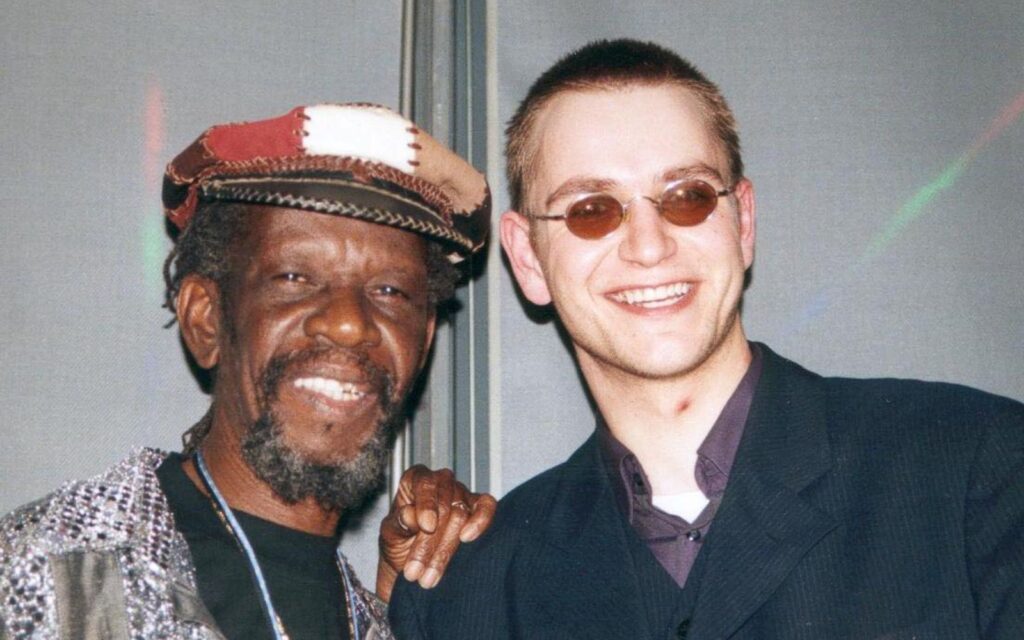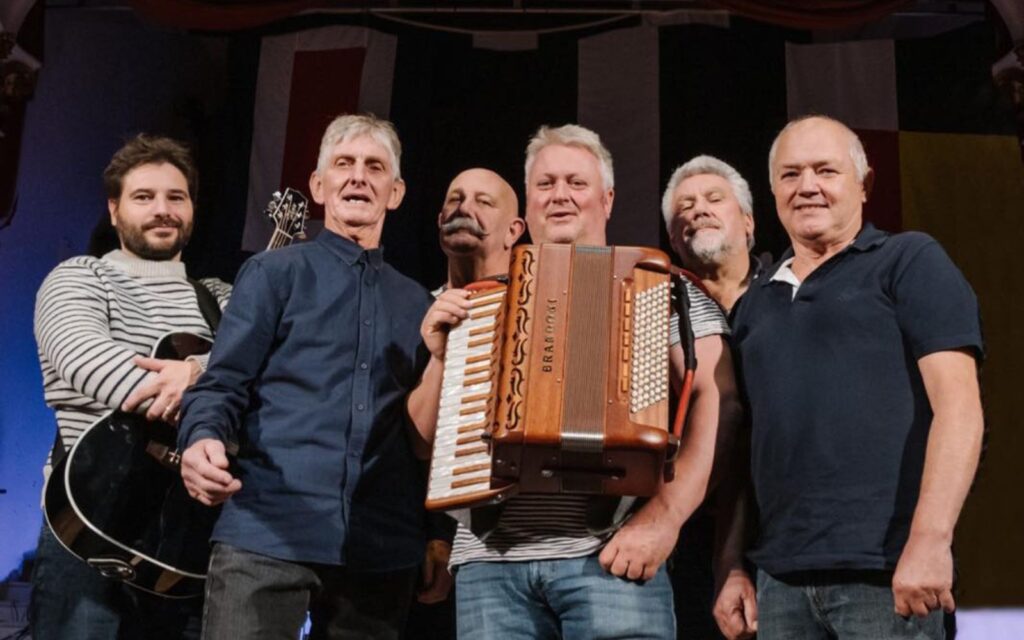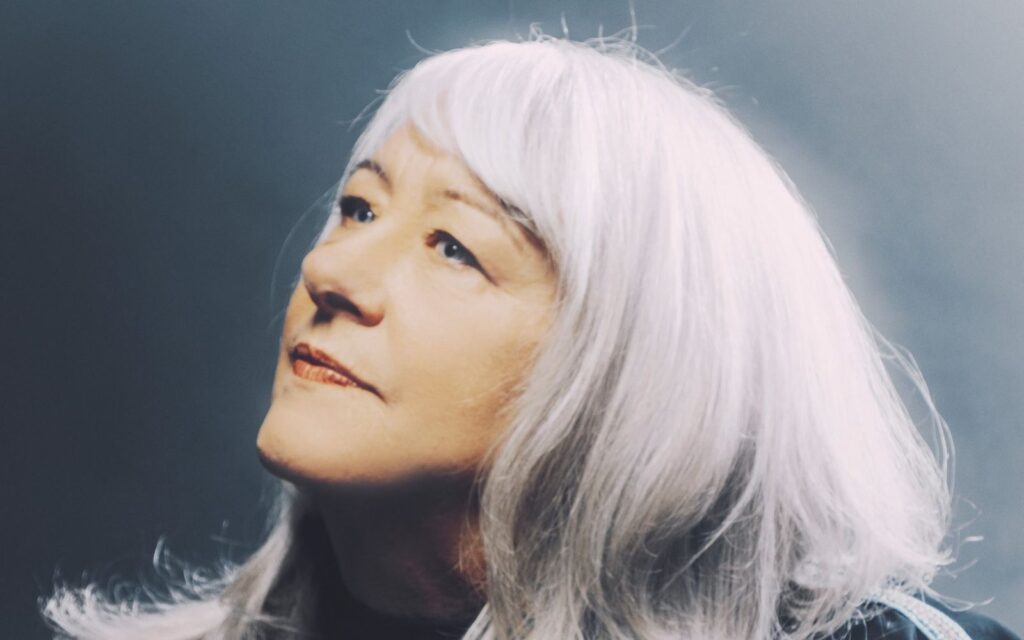Spotlighting the work of Analogue Dawn, MESS, Clutching at Straws, DJ 101 and DJ Club.
Music in Australia is considered a religion for many – in fact, in Melbourne, there are more live music venues per person than there are churches, with thriving communities for every genre no matter what music “religion” you fall into.
While it’s easy to find an event you align with as a music lover and punter, breaking into these communities as an artist is a completely different story. The barriers of entry for emerging artists can be challenging, with events focusing on the representation of marginalised communities often a rarity, and spaces for newcomers to learn how to write music or access and understand music equipment difficult to come by.
But fortunately, this is changing – and there is a growing list of emerging spaces for newcomers to seek mentorship to learn, practice and play in safe and non-judgmental environments. Let’s take a look at some of the notable initiatives.
Keep up to date with all the latest music interviews, news and reviews here.
Analogue Dawn
Analogue Dawn, an agency led by Azren Paul and Francesco Patrinostro, recognised during COVID that an overwhelming sense of disconnection was limiting the creativity and growth of emerging artists here and abroad. The agency works to create opportunities for artists to focus on the collaborative process of communal growth via a digital writing camp.
The digital camp offers producers, singers, songwriters and instrumentalists a flexible environment to write, record, share and engage with other members of the wider creative community. Compositions are then collectively reviewed within the group of attendees with the intention of helping emerging artists learn the creative writing process with the support of industry experts.
But it’s not just limited to writing – the camp focuses on creating experimental sessions and mental health workshops that help artists test their creative limits.
“We wanted to create a fun and comfortable space for artists to safely communicate any creative and emotional insecurities they were feeling during the pandemic. The digital format helped us connect with artists from here and across the globe, and we’d love one day to translate this concept into a physical camp,” Paul says.
Check out the most recent creation from Analogue Dawn below.
The Melbourne Electronic Sound Studio (MESS)
MESS, a non-profit studio centred on a unique collection of electronic instruments, aims to support the creation of music in all forms of electronic sounds. The studio was started by Byron Scullin and Robin Fox, the directors whose mission is to democratise access to the history of electronic music.
Their workshops come in one-off, monthly and 12-week forms, where people who may not have the time and money to access electronic music, can come to a place and receive guidance and mentorship to foster their interest in the industry and dabble in music production.
Jonnine Nokes, one of the leaders of MESS’s workshops, says that they want to create a non-judgmental atmosphere where anyone can learn about electronic music or a type of electronic synthesis. Newcomers can feel free to explore and ask any question without feeling intimidated.
“We’re giving an open space for people to discover new things and ask as many questions as they want without being judged in anyway. We’re trying to take the gatekeeping aspect away from the knowledge of electronic music,” Nokes says.
“We want to provide a space particularly for those who feel marginalised in the community broadly – that’s why we started a trans and non-binary workshop for example that was outside that gatekeeping space of electronic music. We love creating that space.”
Find out more about MESS here.
View this post on Instagram
Clutching at Straws
Found at local favourite music institution Ferdydurke, Clutching at Straws is a new DJ workshop run by Colette Ruiters that takes place on the first Thursday of every month. Ruiters launched the event after speaking to multi-disciplinary artist Elle Shimada, who suggested there were quite a few people interested in picking up DJing but weren’t quite sure how.
Learner DJs can come down to the event, bring records or a USB, get comfortable in the space, hang out, ask questions, make mistakes and experiment with different sounds. To have a go, newcomers are recommended to come down first before they pre-book a session of coaching.
Ruiters hopes these workshops will help ease the anxiety of participants looking to share their music.
“I hope it can dust off the cobweb of nerves and they can start getting used to being looked at and performing in a prominent space. I hope they can learn new things about the hardware or something technical they never knew before. But overall, I hope it inspires them to keep going, keep collecting, keep learning and most importantly, keep listening and dancing,” she says.
Keep up to date with the Ferdydurke Facebook page to find out about the next Clutching at Straws session.
DJ 101 and DJ Club
DJ 101 and DJ Club are a range of workshops taking place at MPavilion and The Gaso led by one of the industry’s biggest empowerers of inclusivity and diversity, DJ Sarah, with assistance from Georgia Farry, and regular coaching pop-ins of some of the electronic scene’s most talented artists, including Merve, Emelyne, and Millú.
The workshops are designed for aspiring female-identifying, trans and non-binary emerging artists looking to break into the dance music scene. The events aim to take beginners to gig-ready DJs in a six-week workshop that covers the basics of DJing, digging for music, working with music equipment and beatmatching, while discussing the ins and outs of the industry.
“My initial thought of the main obstacle for newcomers was as simple as having a lack of access to equipment, but over time I realised it was a lack of community and peers who were also starting out. Once I found mentors myself it made me more confident and realise how important it was to have people who back you,” DJ Sarah says.
She believes what is missing in the industry right now is more free initiatives like these that encourage and empower marginalised people to get into the industry – this is the only way we will truly see a safe and equal music scene in the years to come.
Her favourite thing about the workshops?
“It’s pretty indulgent but seeing a DJ we taught play an amazing set or get on a lineup – or the little things like watching the newbies connect together, run their own events, and encourage and support each other,” she continues.
“These workshops are merely a catalyst, providing them with a few simple tools they need to thrive. It’s a pretty inspiring process to watch! In the end I think they teach me more than I teach them which is cliché but the truth.”
To find out about future workshops, sign up to the mailing list of Sarah Morgan’s other baby, the WIP Project, a free online database of female, non-binary and gender non-confirming artists and industry professionals she runs in partnership with Florence Brown and Gabby Jarrell.
View this post on Instagram
Keen on another fun read? Check out our piece on the Melbourne online radio stations providing a platform for underground artists.
